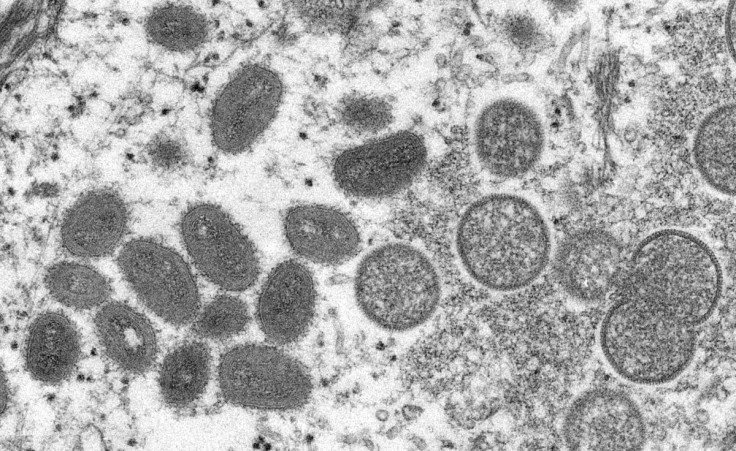Monkeypox: More Cases Identified In UK, Portugal, Spain
KEY POINTS
- Portugal and Spain logged confirmed and suspected cases of monkeypox
- The U.K. identified two more cases in addition to the ones already reported
- Characteristics of some cases suggest transmission via "mucus during sexual relations"
Monkeypox cases have been identified in Portugal and Spain, while more cases have been logged in the U.K.
Cases of monkeypox appear to be rising in Europe. From the first cases identified in the U.K. earlier in May, there were already seven cases by Monday. The U.K. Health Security Agency (UKHSA) reported two more additional monkeypox cases from London and South East England Wednesday, bringing the total number of cases to nine.
Health authorities in Portugal also reported five cases of monkeypox Wednesday and are investigating 15 more suspected cases, The Guardian reported. All of the cases were in men, and their symptoms included "ulcerative lesions." Spain has also issued an alert about a possible influx of cases, with 23 people reporting symptoms of the infection.
"Generally speaking, monkeypox is spread by respiratory transmission, but the characteristics of the 23 suspected cases point towards transmission through mucus during sexual relations," Madrid's regional health department noted in a statement, according to The Guardian. "The people involved are doing well and are isolating at home, but a close eye is being kept on them in case they need hospital treatment."
In the U.S., the Massachusetts Department of Public Health also confirmed one case of monkeypox in a male adult who recently took a trip to Canada. The agency stressed that the virus "does not spread easily between people," and that the case "poses no risk to the public."
The disease is said to occur mostly in the west and central Africa, and previous cases of monkeypox outside Africa have typically been linked to international travel or imported animals. However, some of the current cases are somewhat "puzzling" because, in some of the recent cases in the U.K. for instance, only the first case has been linked to travel to Nigeria.
The other cases didn't have a history of travel and didn't have a clear connection with each other. Some of the more recent cases in the U.K. were also reported in individuals who self-identify as gay, bisexual or men who have sex with men (GBMSM).
It's possible that some cases got the infection via community transmission, according to authorities.
"Monkeypox has not previously been described as a sexually transmitted infection, though it can be passed on by direct contact during sex," UKHSA noted. "It can also be passed on through other close contact with a person who has monkeypox or contact with clothing or linens used by a person who has monkeypox."
In response to the cases, the World Health Organization (WHO) advised strengthening the surveillance in the "GBMSM and wider community" as well as in health care settings. Illnesses after travel, especially after returning from an endemic area, should also be reported.
UKHSA authorities also continue to raise awareness of the infection among health care professionals, especially if a patient presents with rashes and there is no "clear alternative diagnosis." Those in the GBMSM community are also advised to be alert for symptoms such as rashes.

© Copyright IBTimes 2025. All rights reserved.






















